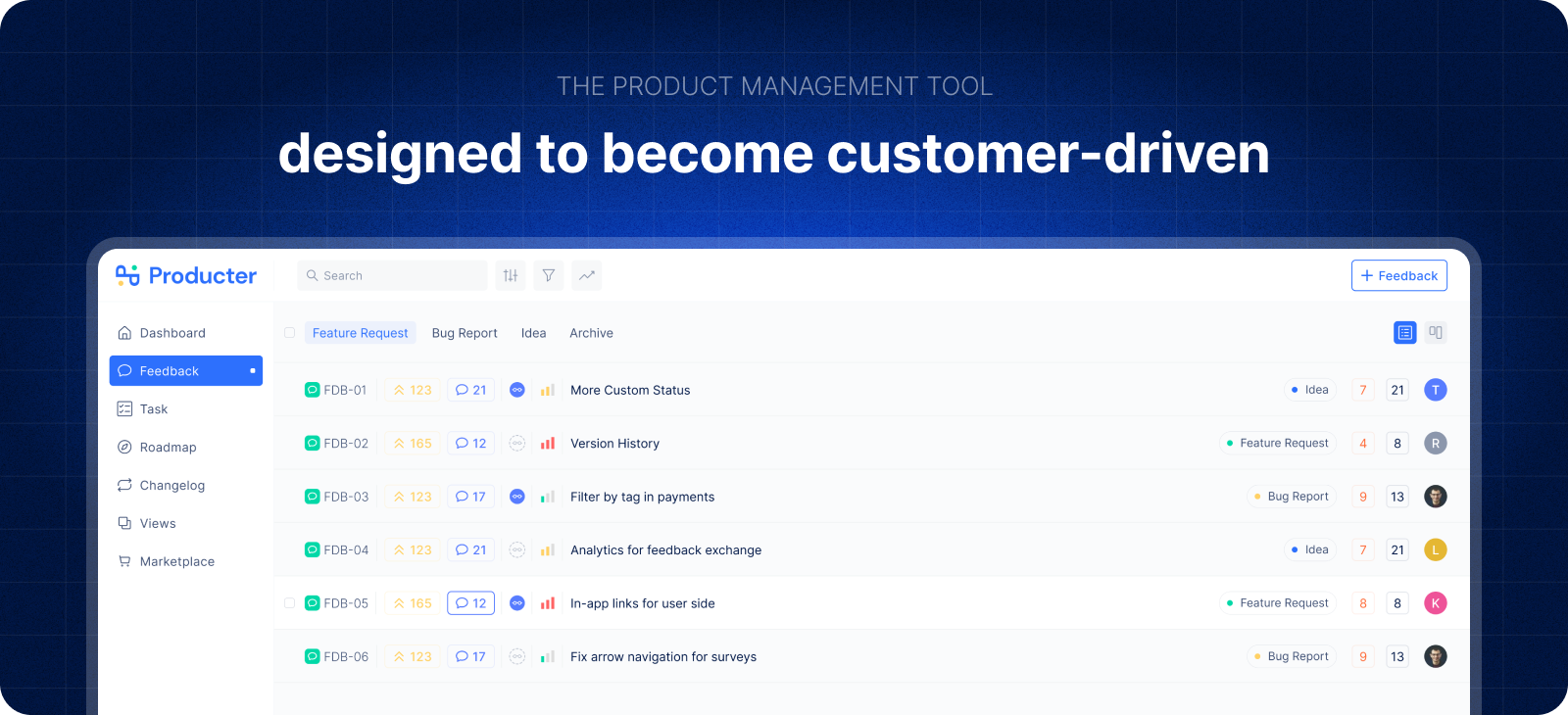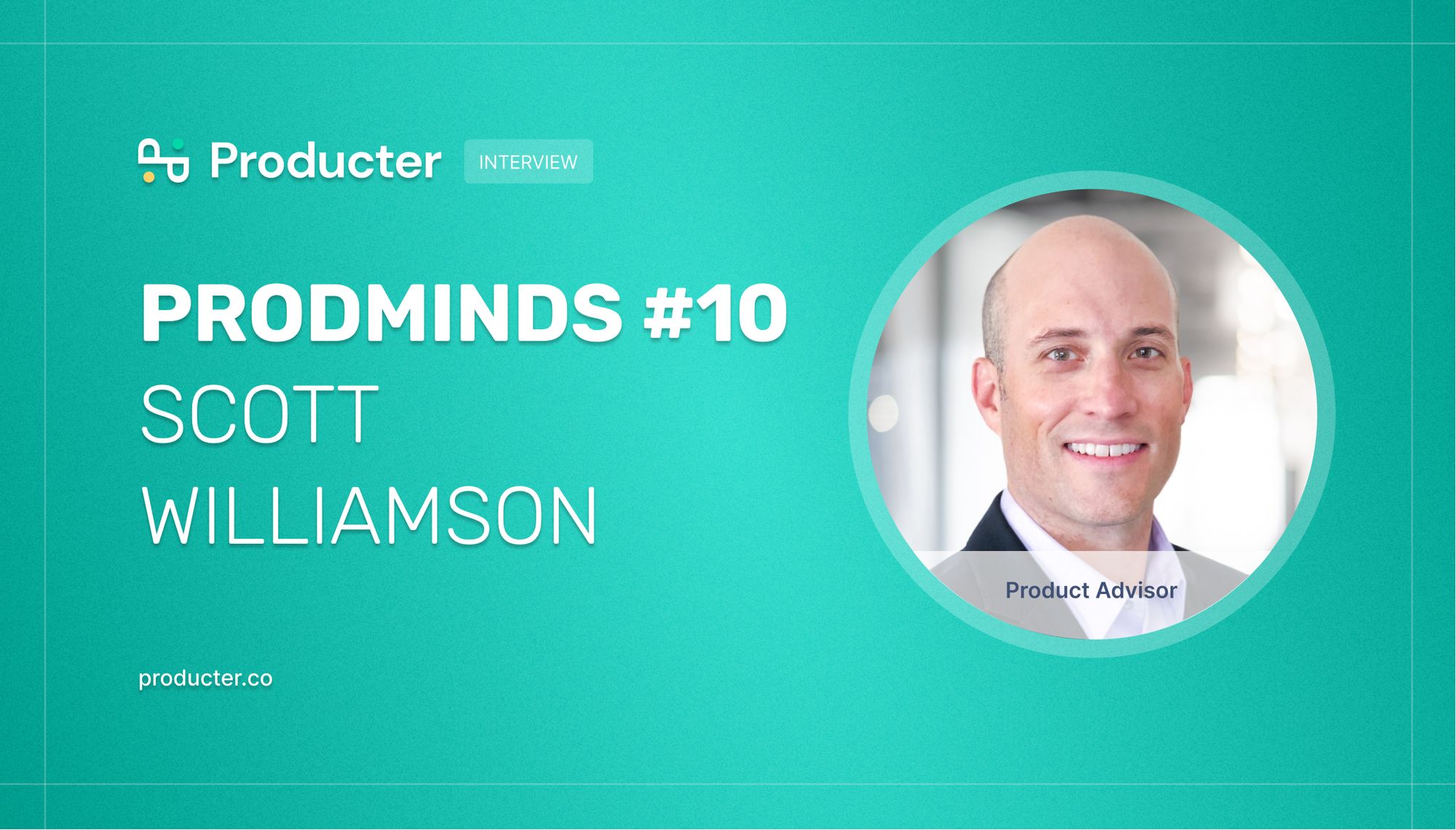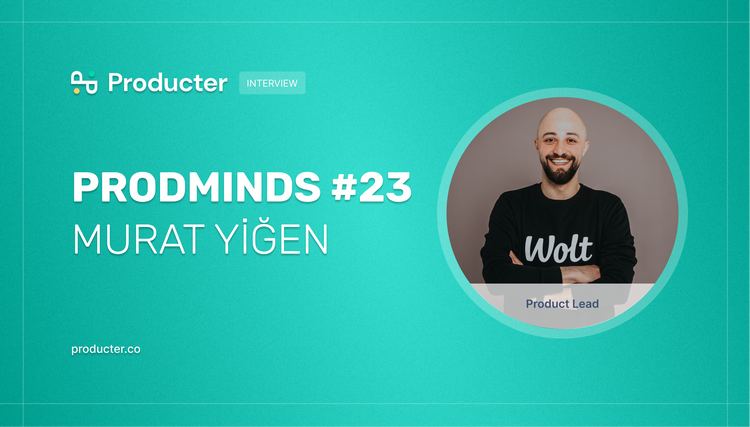ProdMinds is an interview series featuring product minds around the world.
Team Producter: Would you tell us a bit about you and your career path in product management?
Jacqueline: Product Management for me has been a journey through various start-ups, I started in a clinical setting, pivoted into marketing, and from there was able to secure a position in product and have maintained a niche space for HealthTech. For anyone trying to get into product management, pivot from an industry you know and apply it to technology. My passion for patient advocacy has brought me to where I am today. In my case, patients are my end-users and I’ve wanted to make them happy and empowered from the get-go as we are all one at some point in our life, and it’s a vulnerable place to be in.
Team Producter: Which part of being a Product Manager is the most challenging for you?
Jacqueline: Having to say “no” or “not yet” to ideas and features. There are tons of opportunities for success and diversification, but you have to prioritize which are the best ones and that takes a healthy combination of internal discussion and external validation.
Team Producter: How do you think departmental silos affect product companies? In what ways do you build and maintain relationships with stakeholders from different teams?
Jacqueline: An organization should function with a series of connectors between departments and subject matter experts within those departments. The best way to build and maintain relationships is to have meaningful conversations, and set a standard cadence when you have conversations and brainstorm on a monthly basis. The last thing you want to do as a product manager is work in a vacuum without proper input. Checks and balances for your ideas and features are vital to being a strong product leader.
Team Producter: When it comes to listening to your users, what's your method? Is their input considered in critical product decisions?
Jacqueline: Leaning on your UX and sales teams helps you stay on top of what is important, but nothing beats being a part of the conversation with active users, obtaining feedback, and ensuring that the voice of the customer is being incorporated into your product. If you aren’t solving your customer’s problems, you aren’t building a good product. My method is that good or bad feedback is better than neutrality. If your customers care about the integrity of your product, you have something to work with, otherwise the indifference is hard to bounce back from.
Team Producter: The best way to guard against your biases is to make data-driven product decisions. What’s your approach here?
Jacqueline: I like to approach problems with the assumption that I want to be proven wrong. Being in product isn’t about being right, it’s about creating a cross-departmental win that creates an ideal outcome for your end-user. Making customers happy is an essential component to product management, and if you don’t have a certain level of obsession for your company’s customers you should pivot into a space where you would.
Team Producter: What are some of the emerging trends in your industry that excite you? And why?
Jacqueline: Technology is innovating and a disruptor in healthcare. I’m incredibly grateful to be part of a company that is setting a new standard as to what healthcare and benefits look like by leveraging data. I believe that in any product position that customers should have the spotlight, and if that’s not the case it wouldn’t feel like product management.
Producter is a product management tool designed to become customer-driven.
It helps you collect feedback, manage tasks, sharing product updates, creating product docs, and tracking roadmap.

You may also like:








